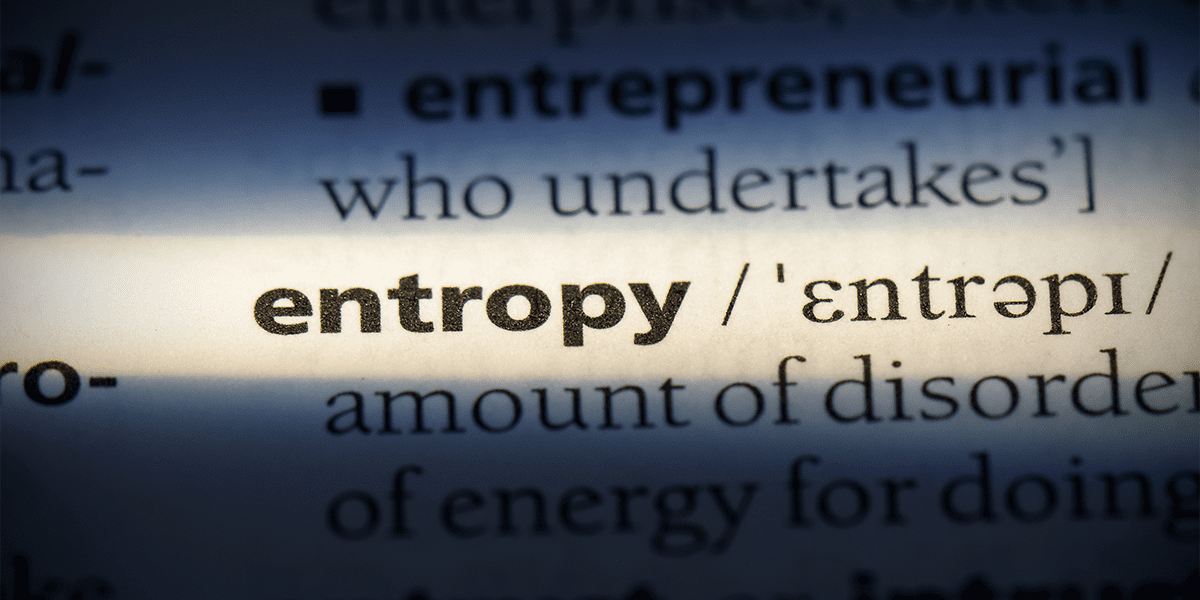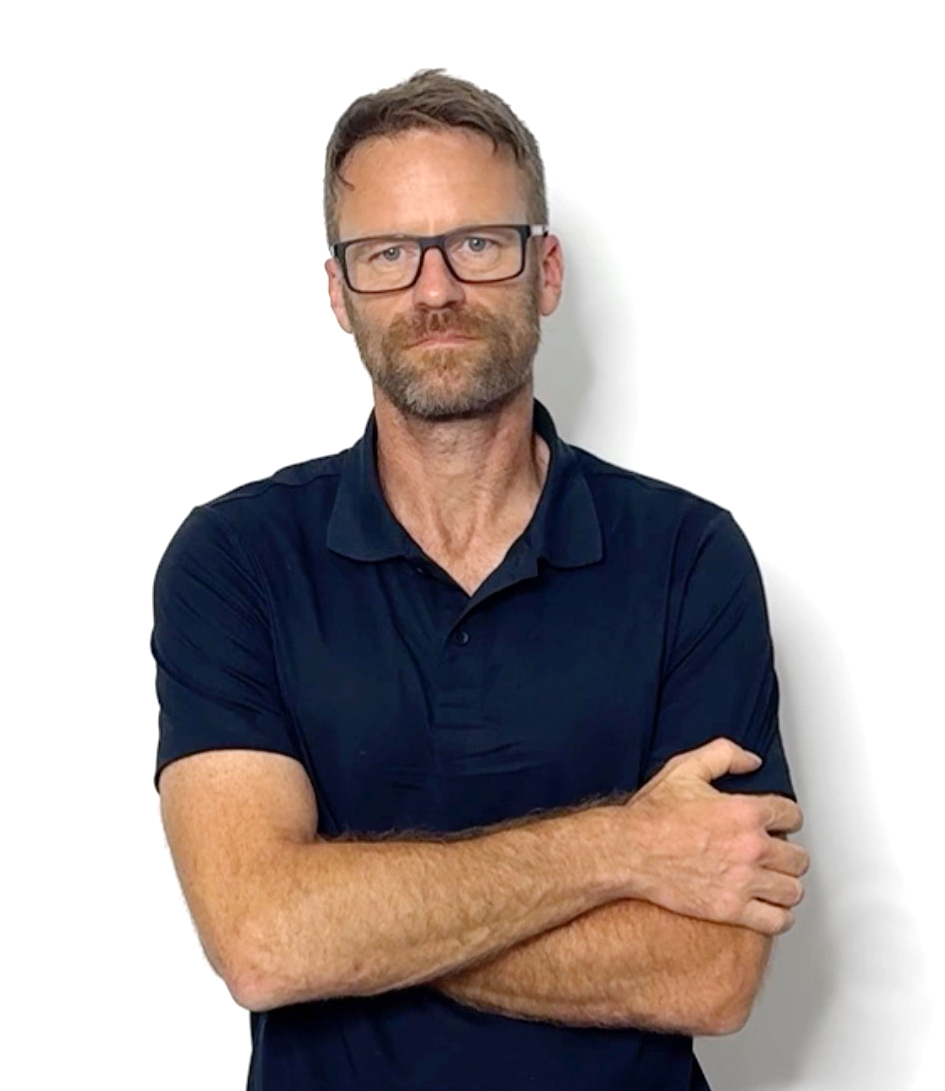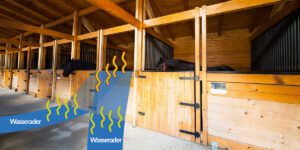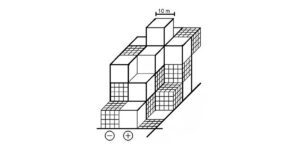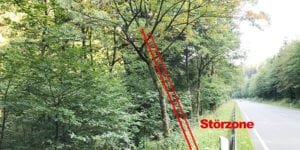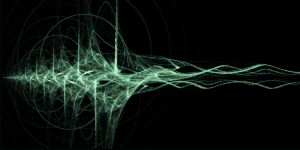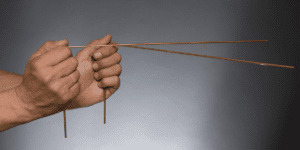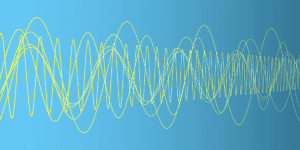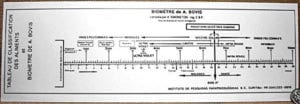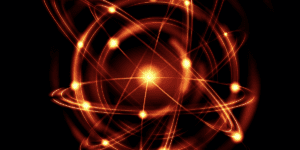What exactly does negative entropy mean and why is it of such interest to us?
Entropy can best be explained with a small example:
If I take a cup of cold water and dump it into a larger cup of warm water, I get lukewarm water. A little cold and a little warm mixed together gives a little lukewarm.
That is, by adding cold energy, warm energy is weakened. There is a loss of energy. It is also not possible to reverse this, because this would contradict the “gross material” laws of thermodynamics.
In the ethereal realm, however, other energetic laws apply. Here, a negative entropy prevails, so to speak.
But what exactly does that mean?
And above all, to what extent does it affect us?
If we look at our environment from the point of view of Bovis values, we find that a high vibrational field, brought in connection with a low vibrational field, does not produce a less high vibrational field, but the low vibrational field is energetically raised without the high vibrational field losing its energy.
For example, if we drop a drop of high-swinging clockwise water into a bucket of low-swinging counterclockwise water, after a short time the entire bucket will become high-swinging and clockwise.
From disorder to order, as it were …
To make it even more understandable, because it affects us every day:
When we – exhausted, after a stressful day at work, or an argument with our partner – go out into nature, e.g. into a forest, we feel better and more comfortable afterwards.
This is mainly because a tree vibrates higher than a human being, and we are energized by the tree. The tree gives us energy without losing any itself.
The tree is cosmically connected, and is able to provide infinite energy without depleting it. So there is negative entropy.
Unfortunately, this is rather rarely the case with us humans. There are such moments when we feel good, simply happy and grateful, and thereby open our cosmic connection. In such moments we can also send out unlimited energy without it weakening us.
Most of the time, however, we are cosmically disconnected. Our heart energy is blocked and we have no access to the inexhaustible source of divine energy. We then “suck” our energy from others through mainly unconscious processes – mostly from our partner, friends or work colleagues, or at best get it from sports or nature.
If we then go in our disconnected and separated state, for example, to a field that vibrates lower than ourselves, a left-turning water vein or a crossing point of the curry grid as an example, then we lose precious energy reserves, because our body – which was always originally cosmically connected – now also tries here, according to the subtle laws of negative entropy, to compensate for the deficit and to raise the weaker field. However, it now lacks the access to the source, so that it taps its own energy reserves, thereby consumes more and more with the time and natural regulation processes in the body can no longer take place.
Therefore, at this point, either the energy must be raised, or the sleeping place must be moved, because otherwise the body continuously tries to compensate for the energetic deficit.
But how do we achieve this if we can’t get out of the way with our bed?
The problem in today’s world is that we no longer choose our building sites – and especially our sleeping areas – according to our feelings, but rather these are dictated by urban planners and architects. Accordingly, it is purely a matter of luck whether one sleeps on a good site or a bad one, on which the body has to compensate for an energy deficit and thus loses important vital energy every night.
Often bedrooms are built in such a way that it is impossible to avoid geopathic interference zones – even if you know where they are.
In such a case the energy field can be stabilized e.g. by a bio-field shaper – or selectively with the help of a bio-wafer.
A bio-wafer, for example, raises the energy field into a positive range, where it sets up a natural interference field and deletes the frequencies that are harmful to us and lead to an energy deficit, so that the body no longer tries to compensate for the previous deficit.
It therefore no longer loses energy.

